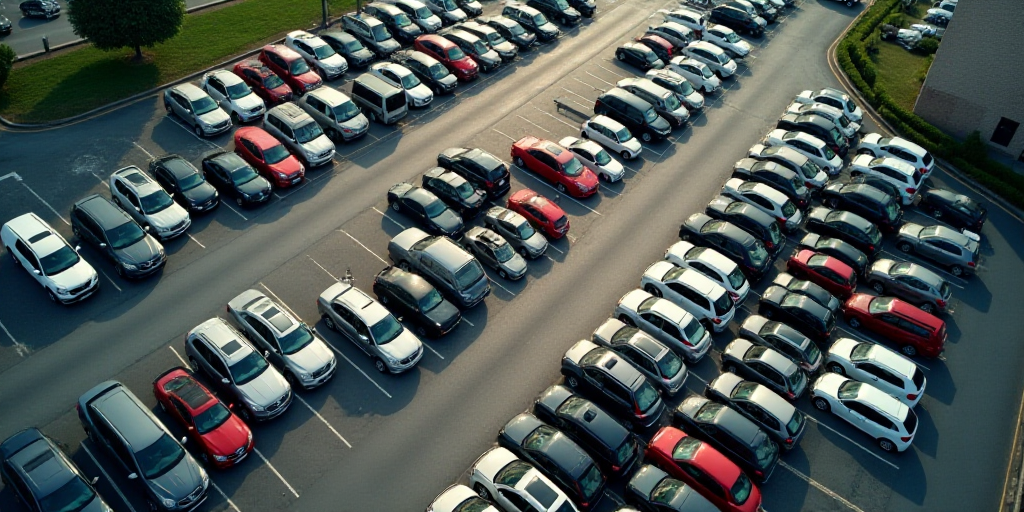Introduction to the European Union’s Ambitious Plan
The European Union (EU) has set a bold target to phase out the sale of gasoline and diesel cars by 2035. This ambitious plan aims to combat climate change and promote the adoption of electric vehicles (EVs) across member countries.
Who is the European Union (EU)?
The European Union is a political and economic union of 27 member states, located primarily in Europe. Established after World War II to foster economic cooperation and prevent future conflicts, the EU has grown into a significant global player with a combined population of over 447 million people.
The Importance of the EU’s Plan
The transportation sector is one of the largest contributors to greenhouse gas emissions, accounting for roughly a quarter of total EU emissions. By phasing out gasoline and diesel cars, the EU seeks to drastically reduce these emissions and meet its climate goals under the Paris Agreement.
How will this impact others?
This plan will have far-reaching consequences for automobile manufacturers, consumers, and the environment. Automakers will need to accelerate their transition to electric vehicle production, while consumers may face higher upfront costs for EVs but benefit from lower operating expenses and reduced environmental impact.
Key Actions and Timeline
- 2030: The EU aims to have at least 30 million zero-emission vehicles on the road, with a significant portion of new car sales being fully electric.
- 2035: The sale of new gasoline and diesel cars will be banned, paving the way for a predominantly electric vehicle market.
- Beyond 2035: The EU will continue to support the development and adoption of sustainable mobility solutions, including hydrogen fuel cell vehicles and advanced public transportation systems.
Key Questions and Answers
- Q: Why is the EU focusing on ending gasoline and diesel car sales?
A: The EU is targeting this transition to significantly reduce greenhouse gas emissions from the transportation sector and meet its climate goals. - Q: How will this affect automobile manufacturers?
A: Manufacturers must accelerate their production of electric vehicles and adapt their business models to meet the new regulations. - Q: What challenges might consumers face?
A: Consumers may encounter higher initial costs for electric vehicles, although these expenses are expected to decrease as technology advances and economies of scale are achieved. - Q: What benefits can be expected from this transition?
A: Reduced greenhouse gas emissions, improved air quality, and lower operating costs for electric vehicles are some of the anticipated benefits.






